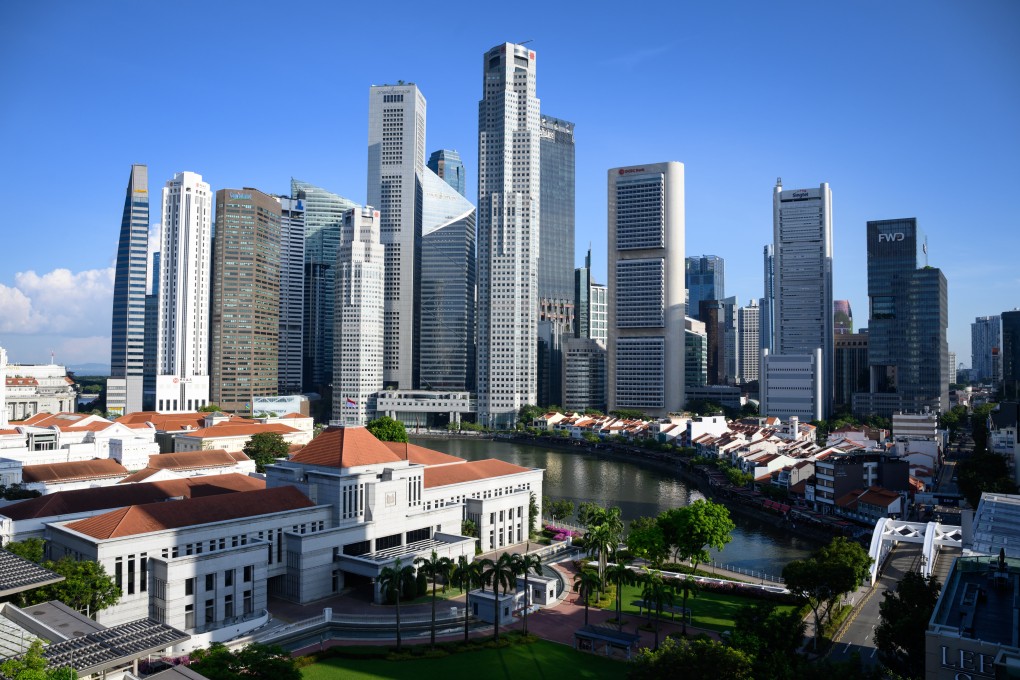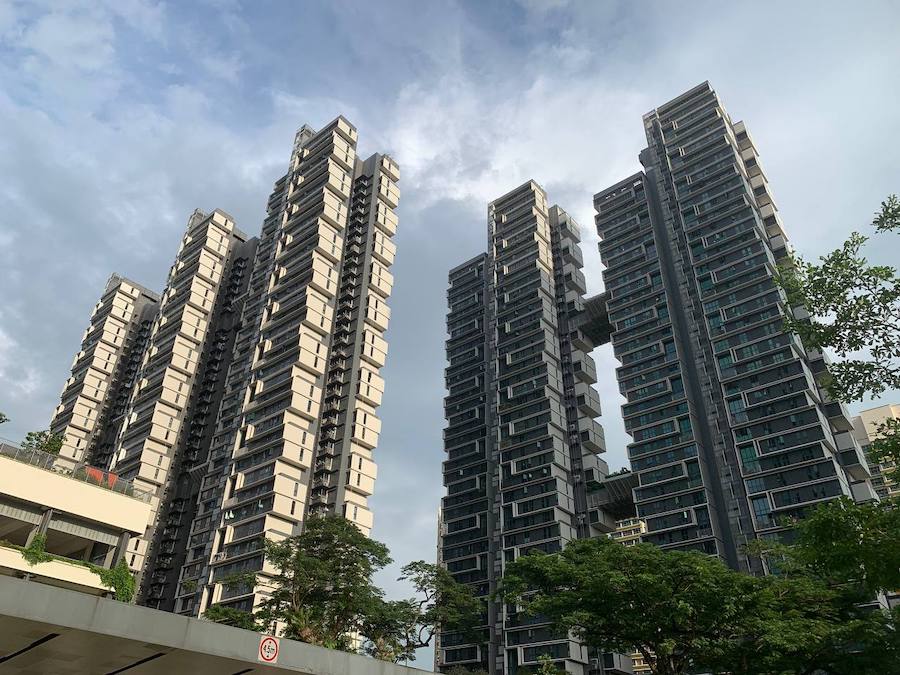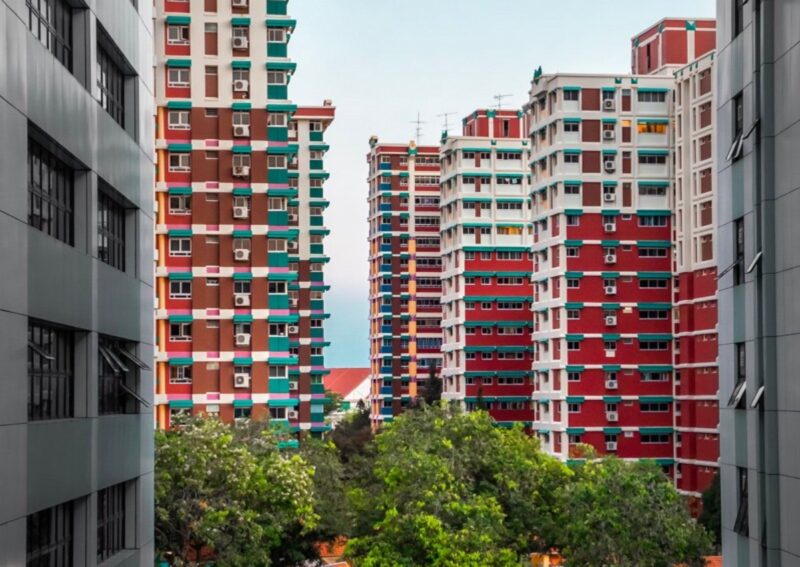Navigating the housing market in Singapore can be both exhilarating and daunting. With its vibrant culture, bustling economy, and breathtaking skyline, the city is a magnet for individuals looking to plant roots.
However, when it comes to securing a home—be it through renting or buying—the choices are layered with financial implications that can significantly impact one’s lifestyle. Renters may enjoy flexibility and lower upfront costs, but they grapple with the uncertainty of lease renewals and market fluctuations.
On the other hand, aspiring homeowners face substantial initial investments, maintenance responsibilities, and the long-term commitment of a mortgage. As you delve into this complex decision, it becomes evident that understanding the costs associated with each option is essential for making an informed choice.
This comparison not only illuminates the present financial landscape but also shapes your future in this dynamic urban environment.
Current Real Estate Market Trends

The current real estate market in Singapore presents a compelling landscape fraught with both opportunities and challenges for potential renters and buyers alike. As soaring demand for housing meets limited supply, prices in both the leasing and purchasing sectors have shown an upward trajectory, creating a sense of urgency among prospective tenants and homeowners.
While interest rates have slightly softened, the overall affordability remains a pressing issue, prompting many to reconsider their housing options. Notably, the trend towards hybrid living spaces—where functionality meets lifestyle—has gained momentum, with younger buyers particularly drawn to compact yet versatile flats that promise both comfort and convenience.
Developments like Upperhouse exemplify this shift, offering modern, efficient homes that cater to evolving urban lifestyles. In this dynamic environment, understanding the nuanced financial implications of renting versus buying is more crucial than ever, as individual preferences and economic realities intertwine to shape decisions that could impact one’s financial future for years to come.
Understanding Rental Costs in Singapore

Understanding rental costs in Singapore involves navigating a maze of factors that influence how much you pay for your living space. From the bustling heart of Orchard Road to the serene enclaves of the East Coast, rental prices can vary dramatically based on location, amenities, and the type of flat. For instance, a sleek, high-rise development in the city center might command a premium, while a cozy HDB in the suburbs offers a more budget-friendly option.
Moreover, consider the impact of lease duration—short-term rentals often come with higher monthly rates. Don’t forget the hidden costs, such as management fees and utilities, which can unexpectedly inflate your budget.
As you weigh the pros and cons of renting versus buying, understanding these nuances becomes essential in making an informed decision about your housing in this vibrant city.
The Financial Implications of Buying a Flat

When considering the financial implications of buying a flat in Singapore, it’s essential to navigate a labyrinth of costs that extends far beyond the purchase price. Upfront expenses such as the down payment—typically a staggering 20% of the property value—can be a significant financial hurdle.
However, the ongoing commitments don’t stop there; monthly mortgage payments add another layer of financial responsibility, often coupled with maintenance fees, property taxes, and insurance costs that can vary dramatically based on property type and location. Moreover, potential buyers must also factor in the costs of renovations, which can be both a joy and a burden, occasionally transforming a quaint living space into a dream home but at a price.
The prospect of capital appreciation may glitter enticingly on the horizon, yet market fluctuations can bring uncertainty. This intricate web of costs underscores that the decision to buy isn’t simply a matter of finances; it’s an emotional journey with long-lasting financial ramifications that can shape one’s future.
Conclusion
In conclusion, the decision to rent or buy a flat in Singapore is a multifaceted one that requires careful consideration of financial implications, personal circumstances, and long-term goals. While renting may offer flexibility and lower immediate costs, purchasing property can be a valuable investment in the long run, particularly if one considers the potential appreciation of real estate in a growing market.
As highlighted in our exploration, developments like Upperhouse showcase how quality living spaces can influence buyers’ choices and perceptions. Ultimately, prospective residents must weigh their options, taking into account factors such as lifestyle needs, market conditions, and future aspirations, ensuring that their choice aligns with both their present and future financial health.



